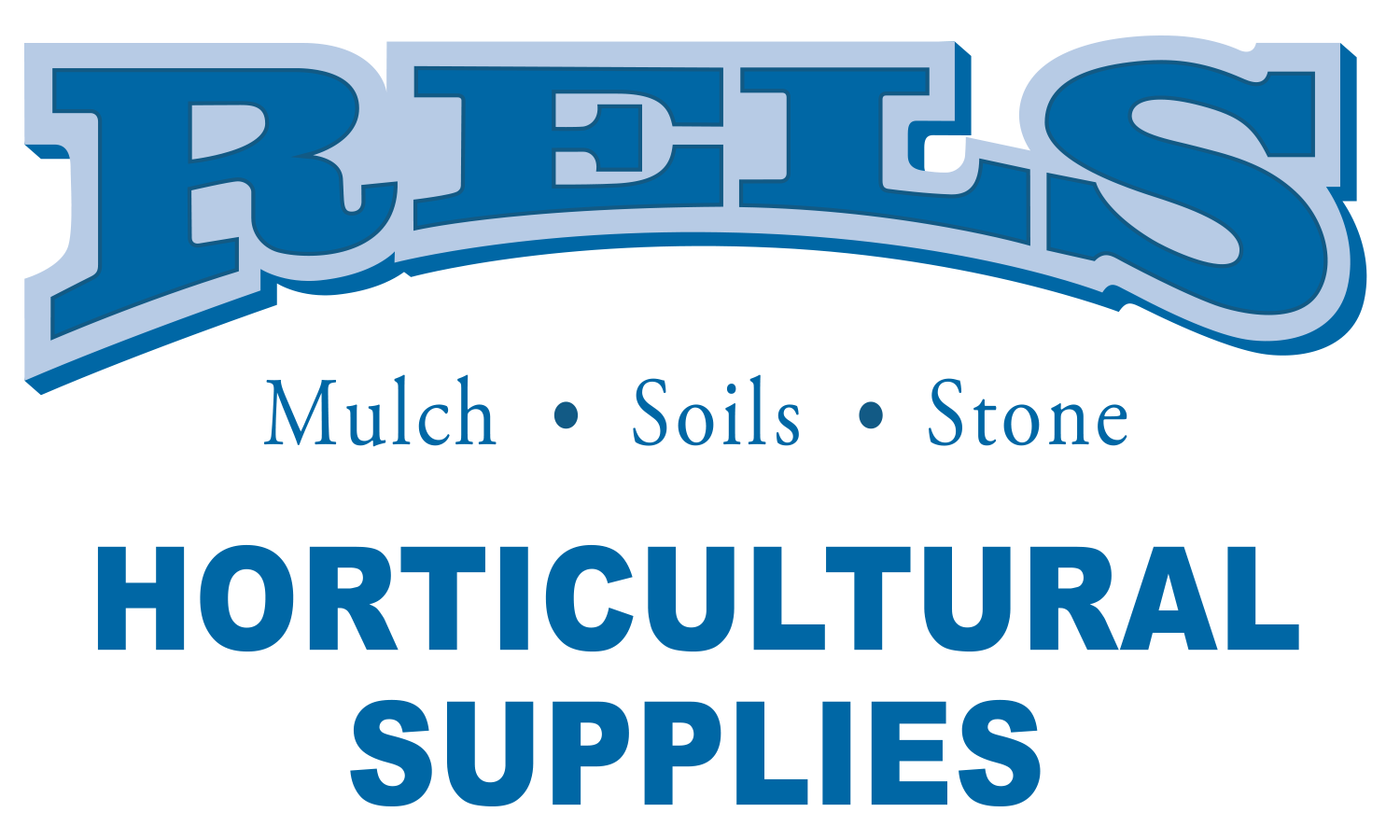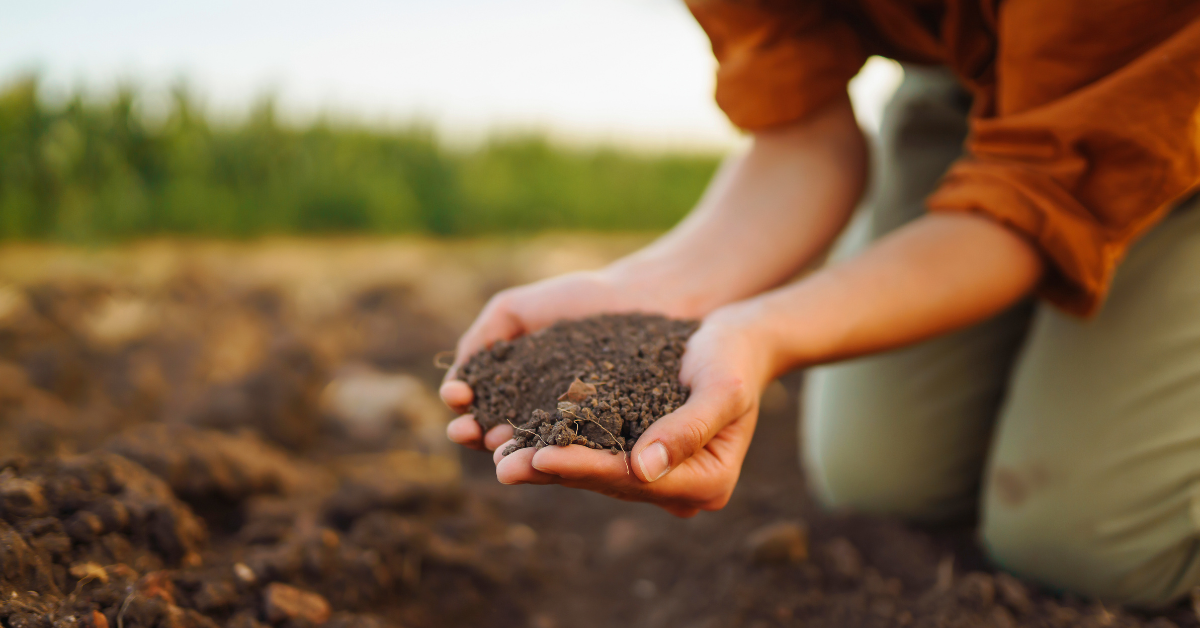Do you want your landscaping to be the best it can be? If so, you’re going to need more than a little dirt to keep your plants happy and healthy. Compost is the way to go, thanks to the nutrients and support it provides to plants, as well as its eco-friendly qualities. That said, there are several different types of compost to choose from, and your decision depends on what you want out of it. Whether you’re in the beginning stages of creating a new garden or trying to revitalize an entire lawn, the benefits of composting are numerous. In this blog, we’re going to explore all the details so you can choose the best compost for your needs!
Understand Your Landscaping Needs
Don’t just show up to the compost store (we know that’s not a thing), do eenie meenie miney mo, and pretend whatever you land on is the best compost. You have to consider your landscaping conditions and soil type. Different soils have different requirements, so you want to make the right choice to ensure your plants thrive.
Identify Your Soil Type
- Sandy Soil: This stuff doesn’t get a passing grade for water retention, which is important for getting proper nutrients. To address this, select a compost that has high organic-matter content, which will improve water retention.
- Clay Soil: Conversely, this type of soil holds moisture quite well. What you need to watch out for here is clay’s proclivity to become compacted. Organic compost is beneficial here, as it breaks up dense clay and improves aeration.
- Loamy Soil: This is the ideal soil type for many landscaping projects. Even so, periodic composting will make it even more effective.
Consider the Types of Plants You’re Growing
- Lawns: Enhanced microbial activity and strong root development are essential for growing a healthy lawn. Spread a thin layer of compost to improve soil structure.
- Flowers and Shrubs: These benefit from nutrient-rich compost, seeing optimal blooming with its help. When you use a well-balanced compost mix with flowers and shrubs, expect vibrant flowers and say goodbye to nutrient deficiencies!
- Trees: If you want your landscape to reach for the sky, use well-aged compost that improves soil structure. Trees have deep roots, thus requiring high moisture retention in the soil.
Types of Compost to Consider
We’ve touched on the different types of compost, but now it’s time to get the details on the best ones. Ready to get a little dirty?
Organic Compost
Want to improve your soil health naturally? Organic compost is made from decomposed plant materials like vegetable scraps and garden waste. You can make it yourself with produce scraps from meal prep if you’re diligent! It has a balanced mix of nutrients that are great for the average garden.
Manure-Based Compost
As the name implies, this is made from animal manure, translating to a high concentration of nutrients. It provides your landscape with essential nitrogen, potassium, and phosphorus, making for healthy plant growth. It’s particularly great for vegetable gardens, but please make sure it’s well-aged. Otherwise, you could burn your plants.
Mushroom Compost
This is a byproduct of mushroom farming, and it offers numerous nutrients. Nitrogen, phosphorus, and potassium are abundant in mushroom compost. While it helps improve soil structure, it might be too alkaline for acid-loving plants, so test your soil’s pH level before pulling the trigger on this one.
Leaf Mold and Wood-Based Compost
This is the kind of compost most people are used to, as it’s the result of everyday yard work—particularly in the fall. Decomposed leaves and wood chips provide great moisture retention and organic matter that makes your soil happy. It thrives in dry climates, providing a great option for mulching.
What to Look For in Quality Compost
If you want the best compost, there are certain characteristics you should be on the lookout for.
- Dark, Crumbly Texture and Earthy Smell: This means the organic matter within the compost is sufficiently decomposed, which makes it easy to work with.
- No Large Chunks of Undecomposed Material: Nobody wants their compost to be full of entire sticks. Large chunks of anything are a sign that decomposition is incomplete.
- No Contaminants, Weeds, or Pathogens: These things introduce unwanted pests and even diseases to your soil, so it’s important to make sure they’re absent. Be sure to get your compost from a trusted supplier to make sure it meets safety standards.
- Certified Organic Options: Want to maximize eco-friendliness? This option avoids the use of synthetic additives.
How Much Compost Do You Need?
This largely depends on the size of your garden or yard as well as the type of project you’re working on. Too little compost means your plants may be under-nourished, but you don’t want to overdo it.
Application Rates
- New Garden Beds: A 2–3 inch layer mixed into the soil is the sweet spot here. It establishes a nutrient-rich foundation for planting.
- Existing Lawns and Gardens: Apply a half inch to a full inch as top dressing on existing gardens and lawns. This thin layer may not seem like much, but it will work wonders for your soil without suffocating the plants growing in it.
Bulk vs. Bagged Compost
- Bulk Compost: This is mainly used for large-scale landscaping projects, so homeowners don’t often use it. Instead, it’s favored by companies who are in charge of landscaping on business properties and parks, to name a couple.
- Bagged Compost: If you’ve ever done a gardening project, you’ve likely purchased bagged compost. It’s a great option for small gardens, and it’s easy to transport!
Get the Best Compost From RELS
The benefits of composting are undeniable, but you’re going to want to purchase from a trusted source. At RELS Landscaping, we only sell the best, putting our products through thorough inspections to ensure quality. The best part is we can deliver it right to you! Of course, you’re always welcome to pick it up if you prefer to. For more information on choosing the best compost for your gardening or lawn project, get in touch with us. We’re happy to help you grow!

